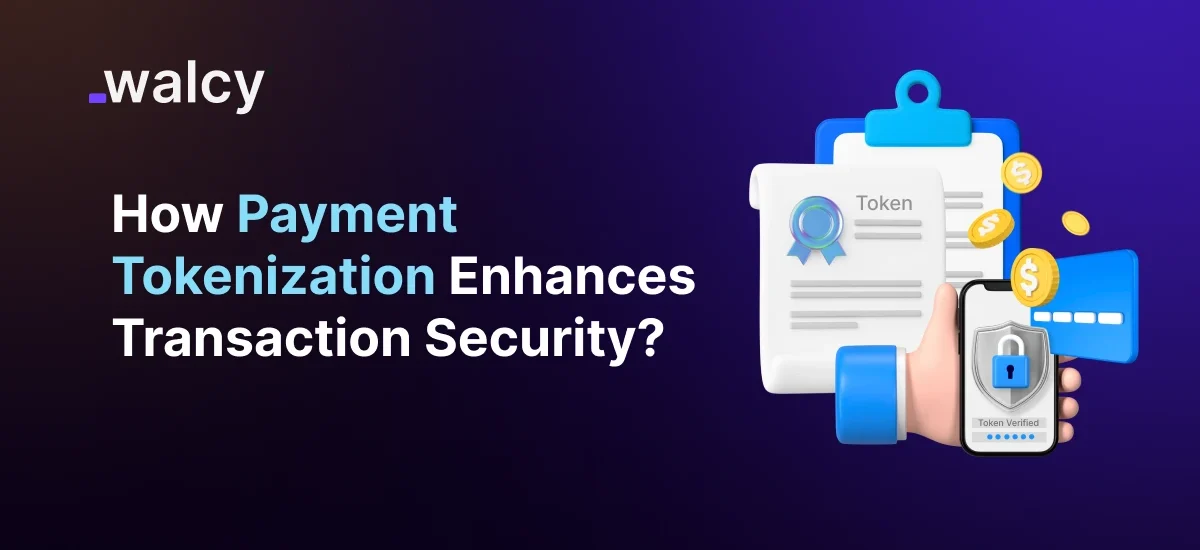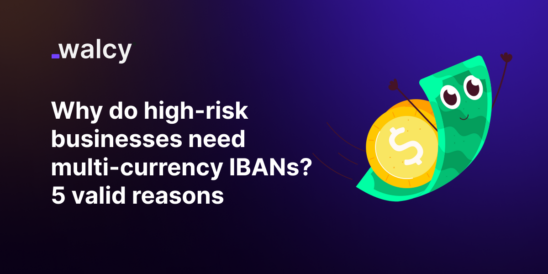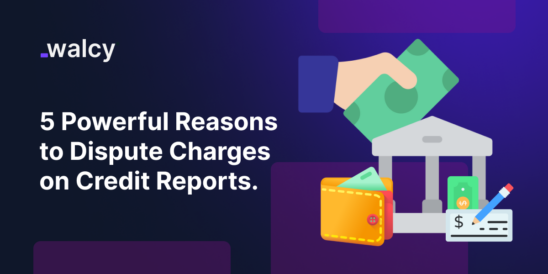Online transaction security has become crucial in this increasingly digital world. Since cyber threats change with time, methods for sensitive information protection should correspondingly be altered. One of the most important security measures that has appeared is payment tokenization, which provides powerful protection for digital transactions. In this blog, we will delve into what payment tokenization is, how it works, and its benefits, which concern consumers and merchants.
What is Payment Tokenization?
Payment tokenization is a security process in which sensitive card information, such as credit or debit card numbers, is replaced by a unique identifier with a “token.” To prevent reverse engineering from revealing the original card data, the token is an arbitrary sequence of characters with no inherent value.
This is unlike encryption, where data is transformed and may be decrypted back into its original form. Tokenization ensures that the actual card information remains hidden and unreachable, even if the token falls into the wrong hands.
The greatest merit of tokenization is that it reduces the occurrence of data breaches and fraud drastically. Even when compromised, it is a token that has absolutely no exploitable value, hence malicious actors cannot use it to commit fraud or unauthorized transactions. For this reason, tokenization is extremely valuable in digital and online payment environments where sensitive data protection is paramount.
In this way, sensitive card details get converted to tokens so that businesses can securely store and transmit payment information, hence enhancing the overall transaction security and reducing the burden of regulatory compliance.
How Does Payment Tokenization Work?
The process of card tokenization begins when a customer initiates a transaction. Here’s how it typically works:
Transaction Initiation:
The instant a customer inputs card details into a web or mobile-based transaction, the tokenization service provider replaces those data with a token straight away. This is done in real time so that no sensitive card details are ever stored or communicated in their real form. By limiting the exposure of card data, a business can improve security at the very inception of a transaction.
Token creation:
The actual card number is then transformed into a random string-the token-which can then be used instead of card data. Each transaction or merchant may be assigned a different token, and such a token would not carry any meaningful value in case it is compromised. A token is so unique and random that cyber criminals would hardly have any chance of reverse engineering or misusing it.
Token Storage:
The merchant stores the token rather than the details of the card, which secures the sensitive information. This token is reusable in recurring payments or further transactions without the need for re-entries of the card details. By storing tokens and not card numbers, merchants reduce the risk of data breaches and, accordingly, financial liabilities.
Transaction Processing with Token Usage:
The token is sent to the payment processor during the processing of a payment, which maps it back to the original card details, completing the transaction by sending confirmation to the merchant. This whole process is frictionless and secure; thus, sensitive data can never be exposed during the transaction. This way, merchants may also continue offering their customers the choice to use the most convenient methods of paying while still keeping the highest level of security intact.
Merchants can leverage the tokenization of both debit cards and credit cards to greatly reduce their fraud exposure since tokens are worthless should they be intercepted.
Read about: Payment Failure : Why It Happens And How To Avoid It
What types of businesses use Payment tokenization?
Tokenized payment is applicable in almost every business sector. However, it is mostly used in the following:
Online Stores and E-commerce sites:
When you shop on websites, they use tokenization to keep your payment details safe. This means you can make purchases without worrying about your credit card information being exposed.
Subscription-based Services:
Many popular services like Netflix or Spotify rely on tokenization to manage your monthly payments securely. Using tokenization handles your transactions without storing your actual card number, which adds an extra layer of protection.
Banks and financial institutions:
Your bank uses tokenization to safeguard your money and personal information during transactions. This helps ensure that your financial data remains private and secure.
Travel Companies:
Booking flights or hotels online can be stressful, but tokenization helps keep your payment info safe while you plan your adventures. You can make reservations without fearing for your credit card details.
Mobile Payment Apps and Wallets:
Apps like Apple Pay and Google Pay let you make quick and easy payments by simply tapping your phone. These apps use tokenization to protect your information, making mobile payments both convenient and secure.
Hospitals and clinics:
When you pay for medical services, hospitals implement payment tokenization to keep your payment details private. This is especially important in healthcare, where privacy is critical.
Retail Stores:
When you shop in person, many retail stores use tokenization at checkout counters. This means your card information is protected as you make your purchases, reducing the risk of data breaches.
Gaming Websites:
Online gaming and casino sites also use tokenization to secure your payment information. Whether you’re buying virtual goods or placing bets, your data stays protected while you enjoy your gaming experience.
Read about: Online Banking Security: A Comprehensive Overview”
The Benefits of Payment Tokenization
The most important advantage of security tokenization is that the cardholder data is made more secure. Due to the inability of reverse engineering on the token to revert to its original state, the incidences of data breaches and consequential financial loss will be reduced to a minimum.
Compliance:
Tokenization enables enterprises to become and remain compliant with regulatory compliances such as Payment Card Industry Data Security Standard regarding security practices while handling card information.
Reduced Fraud:
It replaces sensitive data with tokens, hence highly reducing the fraud on cards. In cases where the token is even intercepted, it can still not be used in conducting unauthorized transactions.
Customer Confidence:
There is more confidence on the part of customers when they realize that merchants apply advanced security features like tokenization to secure their payment information.
Smoothening the payment processes:
Merchant tokenization will help businesses in smoothing their payment processes. For example, recurring billing is now easy and much more secure, as in many transactions, the same token can be reused without re-entering the card details.
The Future of Payment Tokenization
This form of securing an online transaction is going to be the norm, with the growth of digital payment continuing. Because of evolving threats and growing reliance on mobile and online payments, tokenization provides a solution to such challenges that easily scale. Merchants that adopt tokenization cards are going to improve their security, better trust with their customers, and meet strict regulations.
Read about: International Payment Fraud: Ultimate Guide For Businesses.
Conclusion
Payment tokenization isn’t a fad- it’s an integral part of today’s payment security. Changing sensitive card information with secure tokens helps to protect customers and, therefore, the businesses themselves from fraud, supports the industry standards for compliance, and more. Since digital payments are expanding day by day, tokenization will grow further, and being a merchant who accepts online transactions, it’ll be impossible not to apply the technology.
Furthermore, tokenized transaction has assisted in building quite a lot of consumer trust, as they feel more secure about their data. While more and more developments are being created in the field of payment methods, the changes to tokenization will continue accordingly, which means making more robust solutions and easily integrating them with different types of payment systems will contribute considerably to the effectiveness of digital transactions.
Not being merely an option but a must, tokenization takes into account the fact that data breaches are looming threats in the modern world; hence, an intelligent step towards future-proofing your business.
FAQs
Q1: Is tokenization only for credit cards?
A: No, tokenization can be applied to both credit and debit cards, as well as other forms of sensitive data.
Q2: How does tokenization differ from encryption?
A: While encryption transforms data into a different format that can be decrypted, tokenization replaces the data with a token that has no meaningful relationship to the original data.
Q3: Can a token be used across different merchants?
A: Typically, tokens are unique to each merchant and cannot be reused across different platforms, further enhancing security.
Q4: Is payment tokenization mandatory for merchants?
A: While not mandatory, many industry regulations strongly encourage tokenization as part of a comprehensive security strategy.



